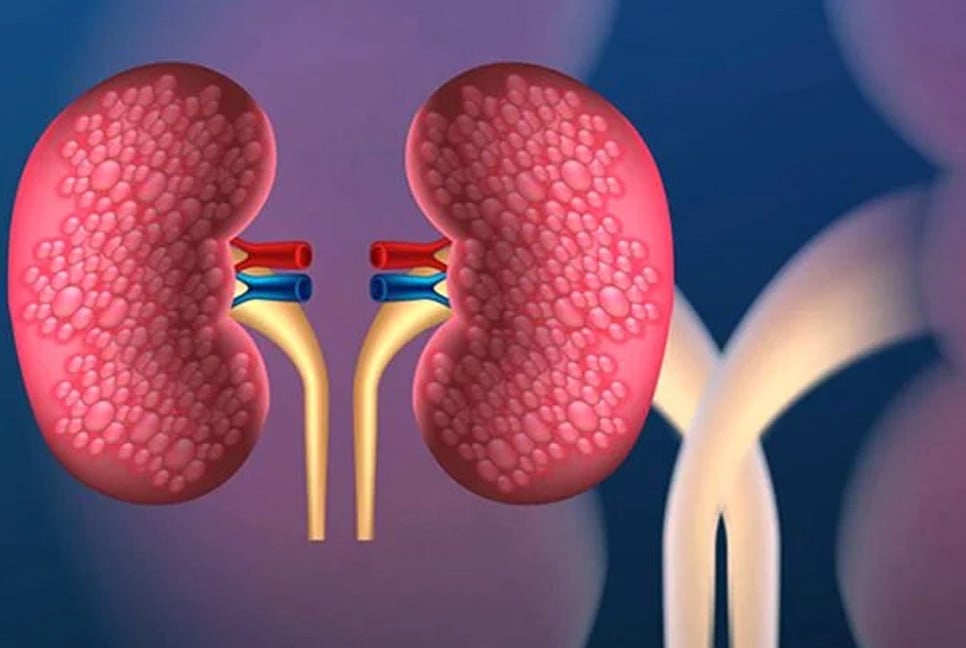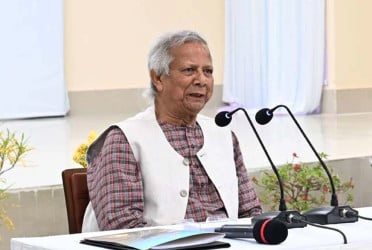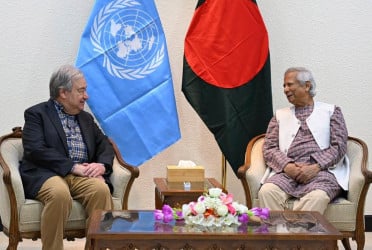A groundbreaking research project led by the University of Wollongong (UOW) aims to combat metabolic syndrome by focusing on the benefits of increased dietary fiber intake and personalized nutrition. This initiative has been awarded significant funding under the National Health and Medical Research Council’s (NHMRC) e-ASIA 2024 Joint Research Project scheme of Australia, UOW informed this on Thursday (Wollongong local time).
Distinguished Professor Xu-Feng Huang, from UOW’s School of Medical, Indigenous, and Health Sciences, leads this innovative project to address metabolic syndrome, a complex health issue involving conditions like hypertension, abdominal obesity, and insulin resistance. The project seeks to develop personalized dietary and lifestyle recommendations using machine learning to address the rising prevalence of metabolic syndrome in South-East Asia and Australia.
The three-year study, conducted in collaboration with researchers from Indonesia, Thailand, and the Philippines, has secured $1.09 million in funding. This includes $495,547 from the NHMRC, $237,283 from Indonesia’s BRIN, $227,238 from Thailand’s PMU-B, and $133,785 from the Philippines’ DOST-PCHRD.
Professor Huang emphasized the urgency of addressing the condition, which is increasingly common due to modern diets reliant on processed foods. “Machine learning offers a revolutionary approach to tailor dietary interventions to individual needs, addressing the complex factors influencing metabolic syndrome such as genetics, obesity, and lifestyle,” he said.
The research utilizes machine learning, a subset of artificial intelligence, to analyze the molecular mechanisms underlying metabolic syndrome. This approach enables the creation of personalized nutrition programs designed to optimize health outcomes. “Conventional dietary guidelines often fail to reduce risk factors consistently due to variations in individuals' responses to dietary components,” Professor Huang explained. “Our approach aims to provide tailored interventions that guide individuals toward healthier behaviors and improved health.”
Metabolic syndrome’s rising prevalence places significant pressure on health systems and economies, particularly in East Asia. Factors such as genetics, hormonal imbalances, diet composition, and ethnicity contribute to its complexity, underscoring the need for innovative solutions.
This research aligns with the global push for precision medicine and personalized care, offering a promising pathway to mitigate the health and economic burden of metabolic syndrome in the region.
UOW Interim Deputy Vice-Chancellor and Vice President (Research and Sustainable Futures), Senior Professor Eileen McLaughlin, praised the project’s potential. “This initiative represents a vital step toward addressing a significant global health issue. It is inspiring to see UOW researchers working with international teams to deliver impactful solutions,” she said.
By combining cutting-edge technology and a focus on dietary interventions, this project aims to transform how metabolic syndrome is managed, paving the way for healthier futures across South-East Asia and Australia.
Bd-pratidin English/ Jisan Al Jubair




























































